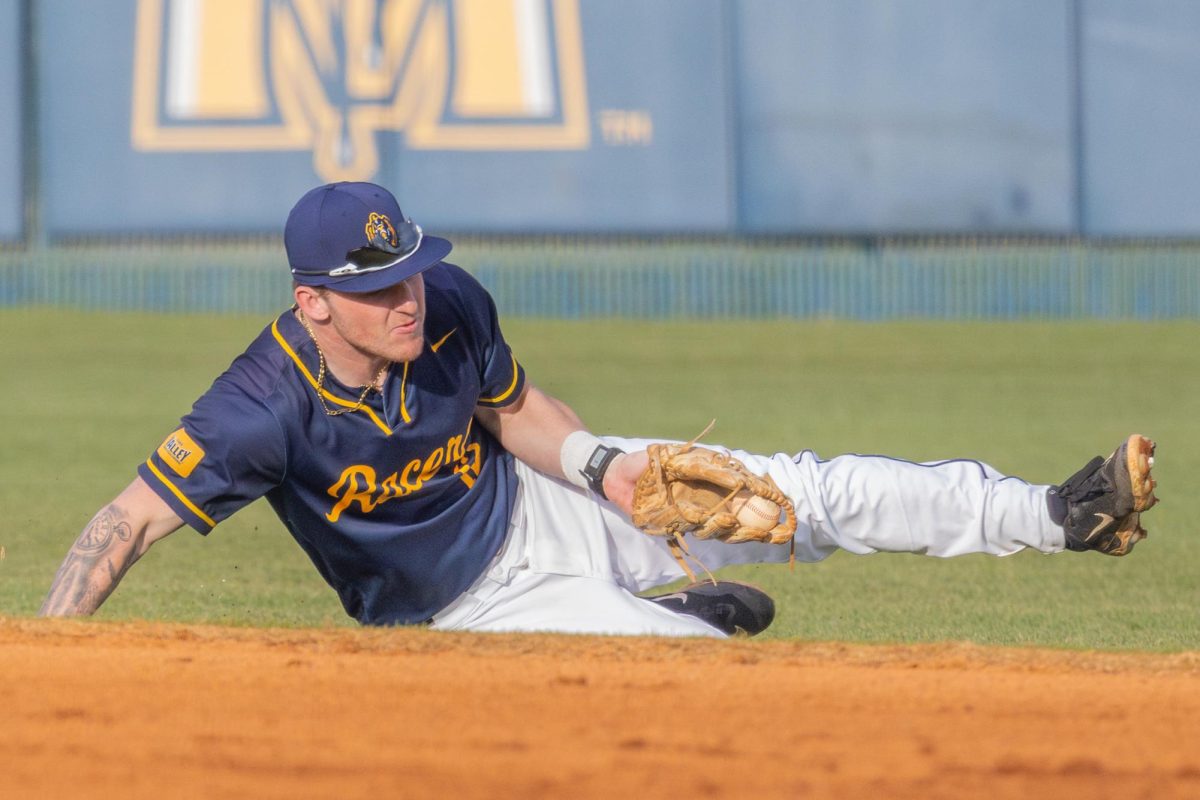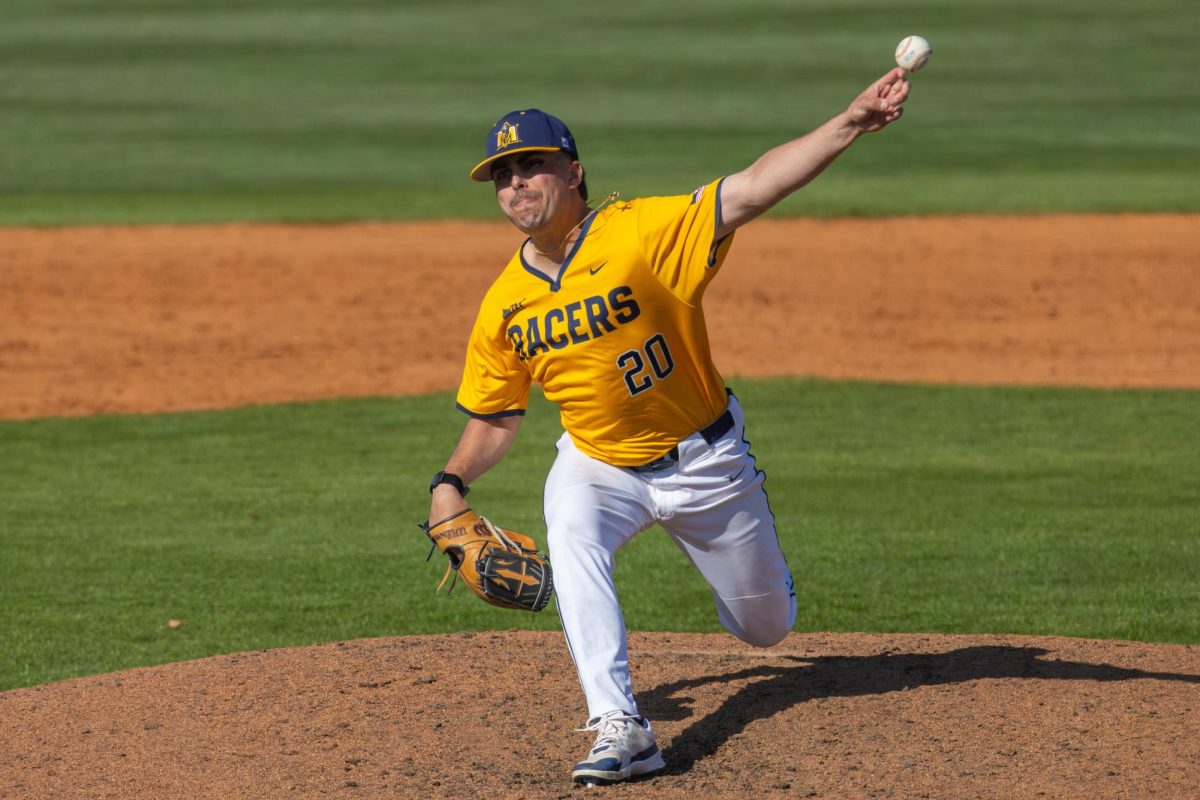Murray State students and faculty got a firsthand account of last month’s Scottish Independence Referendum from visiting Scottish professor Gerry Mooney.
Mooney led a presentation and discussion about the referendum Tuesday night in the Curris Center. The presentation was titled “The United Kingdom Following the Scottish Independence Referendum: Does it have a Future?” Mooney began his presentation with the assertion that he was biased on the issue – he voted yes for Scottish independence.
Mooney said the September referendum was not about Scottish nationalism. He said the main issues for the vote were social, and he listed employee benefits, capital spending and healthcare, among others.
“Across a whole range of issues, Scotland is already a very different place,” he said.
In 1707, England and Scotland formed the United Kingdom. The U.K. also includes Wales and Northern Ireland. Mooney said when the U.K. was formed, it did not abolish “Scottishness” or “Englishness”; it was just a union of the nations.
The vote for independence Sept. 18 was unsuccessful, but Mooney said the ties that hold the U.K. together are continuing to fragment.
“Do I think Scottish independence is inevitable?” he said. “Increasingly yes.”
According to Mooney, after the referendum failed to pass, membership in the Scottish National Party has increased. He said the increased membership in this party, and other “Yes” parties, signals that many Scottish people are not happy with the outcome of the vote, and that they’re hoping to gain more control in the government.
The outcome of the referendum was 44.7 percent yes and 55.3 percent no. Mooney said much of the campaigning on the “No” side came after a poll was released at the end of August showing 51 percent of voters were for independence.
David Cameron, the U.K.’s prime minister, promised Scotland more power if they voted no. Mooney said that promise is why he believes there will be future problems between England and Scotland.
“You call it England; I call it Mordor,” Mooney said.
Mooney said the arguments against Scottish independence included currency, military and national resources. He said some argued to keep the pound sterling, as they said it was as Scottish as it was English. Some thought they could take the euro, but nothing was decided, as Scotland did not break from the U.K.
For the military, Mooney said one proposal was that Scotland, as 9 percent of the U.K.’s population, would get 9 percent of the military. But he said some people came to the conclusion that Scotland would not need the 9 percent.
“Why does Scotland need an army?” Mooney asked. “Who’s going to attack it?”
One part of Mooney’s presentation was about the resources of Scotland. He said a majority of the U.K.’s oil reserves would belong to Scotland should it gain independence, and that Scotland is a major source of wind and hydro power for Europe.
Mooney ended his discussion with his hope that Scotland would push for independence again in the future and have another referendum.
The Education Abroad Office, history department and office of political science and sociology sponsored Mooney’s trip to Kentucky. Kathy Callahan, professor in the history department, said she met Mooney in 2009 when she was teaching in Scotland. Mooney is a faculty member of the Experience Scotland program, which Murray State participates in.
Callahan said Mooney came to Kentucky after spending time recruiting for Experience Scotland in other states.
“It’s really about the Experience Scotland program,” she said.
Callahan said she was happy with the turnout at Mooney’s presentation. About 70 people attended. This was Mooney’s second time at Murray State. He gave a talk on Scottish independence two years ago on campus.
Story by Kate Russell, Staff writer




























































































